The Indian government is actively addressing the implications of the European Union's carbon border adjustment mechanism (CBAM) on its steel exports to the EU. The CBAM introduces higher costs for Indian steel exporters, leading the government to develop a strategic response. There are ongoing efforts to create a framework that alleviates financial burdens on exporters while ensuring the continued viability of steel exports to this crucial market.
The primary focus is on identifying effective tools to mitigate the increased expenses caused by the CBAM. These initiatives aim not only to offset rising costs but also to maintain India's competitiveness in the European steel market. The comprehensive effort includes extensive consultations and in-depth studies to devise a mechanism compliant with WTO regulations, providing relief to affected exporters.
The EU has already initiated the CBAM, incorporating carbon emissions reporting requirements for imports at its borders starting from October 1, 2023. However, the actual imposition of taxes is scheduled to commence in 2026, designating the period from 2023 to 2026 as a transitional phase. This transitional duration poses critical challenges for Indian steel exporters, necessitating urgent measures to mitigate financial repercussions.
India has taken a stand against the carbon tax at the World Trade Organization (WTO), citing violations of the special and differential treatment (SNDT) provisions. These provisions advocate extended timelines for implementing agreements, particularly for developing nations, safeguarding their trade interests.



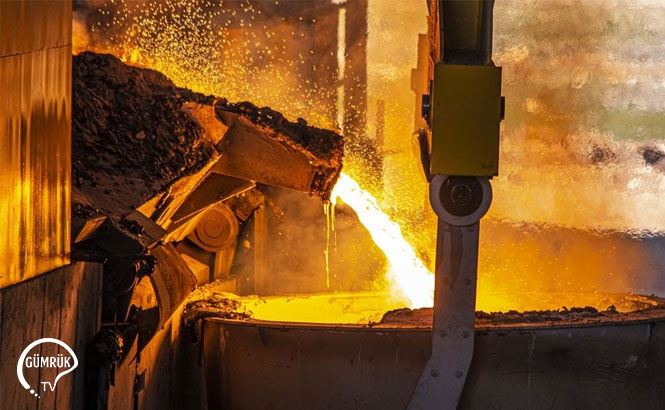
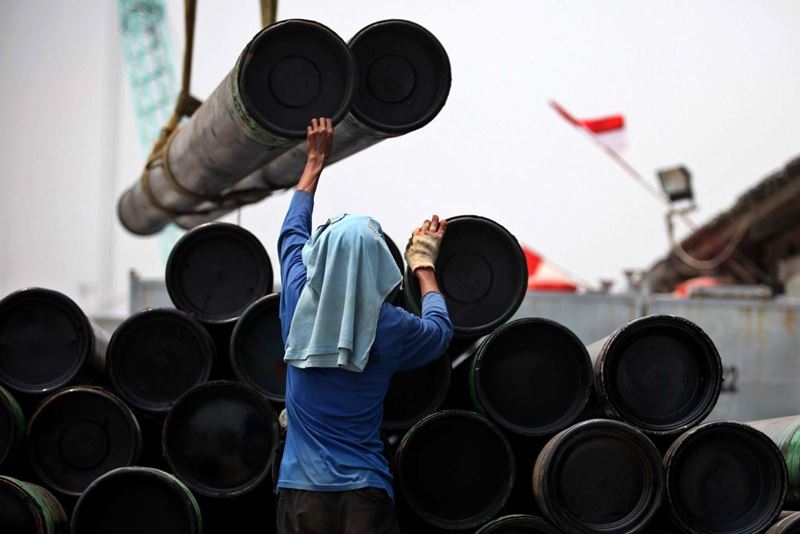
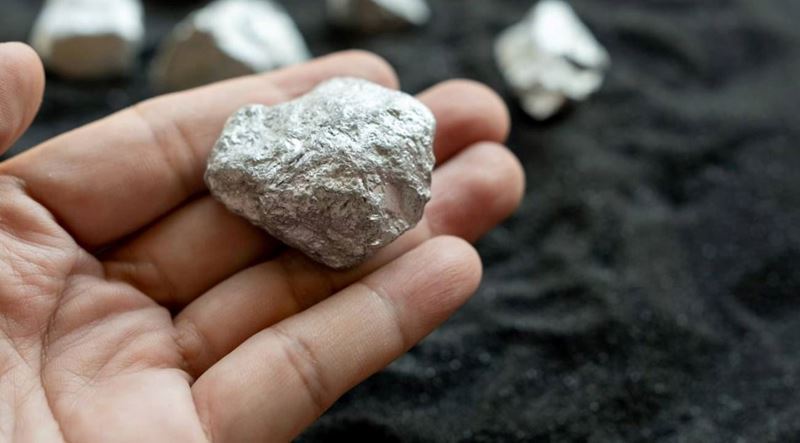
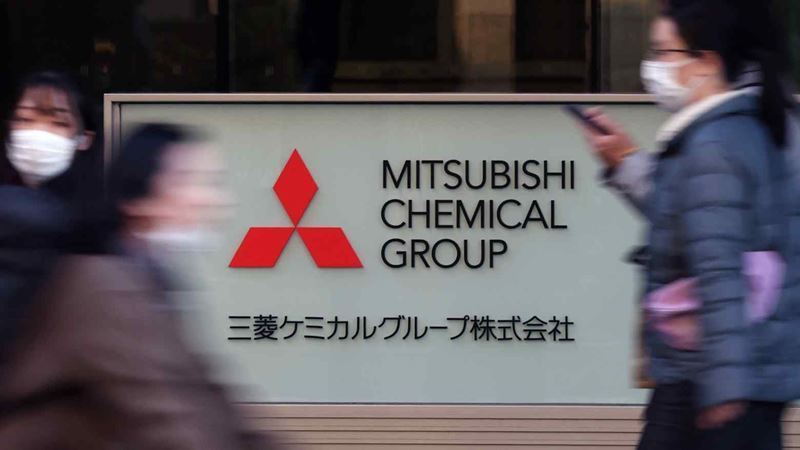
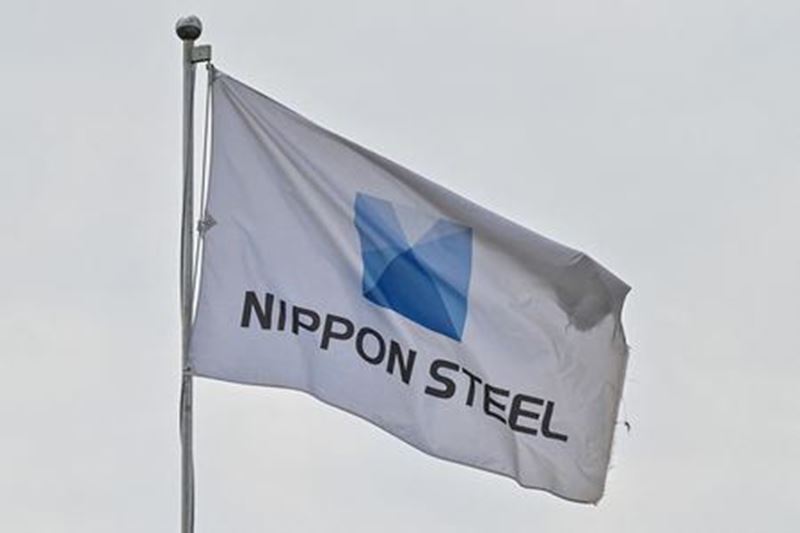
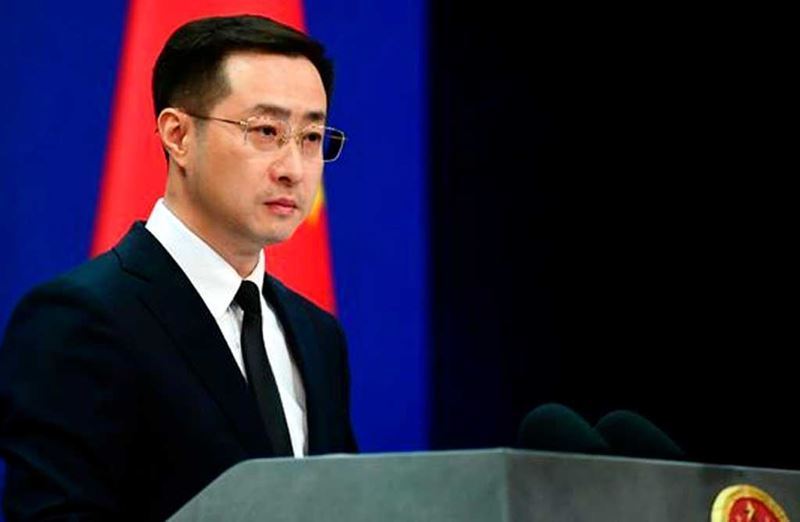


Comments
No comment yet.